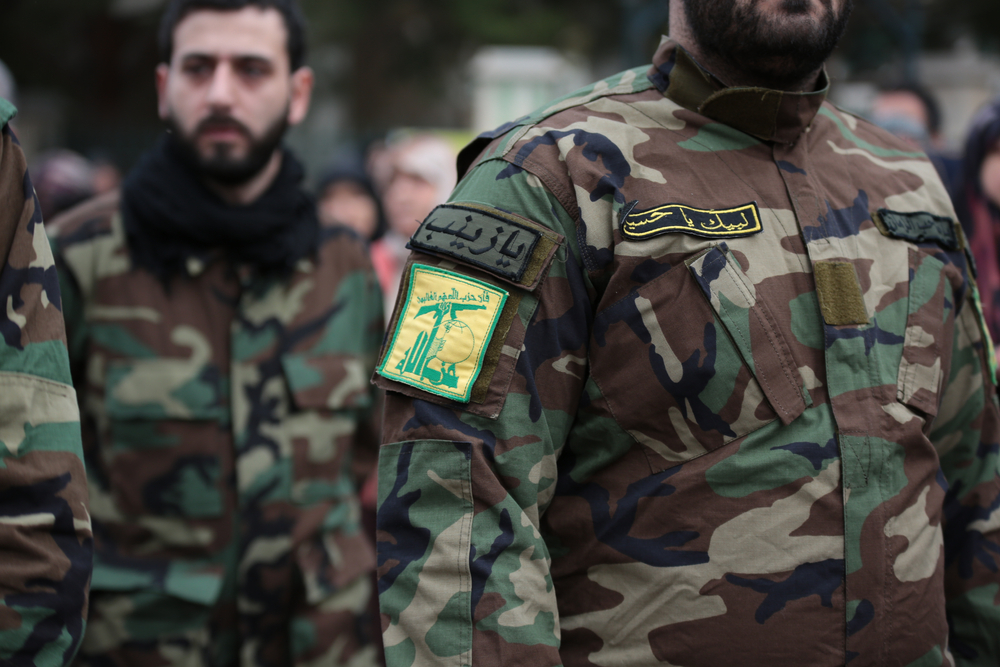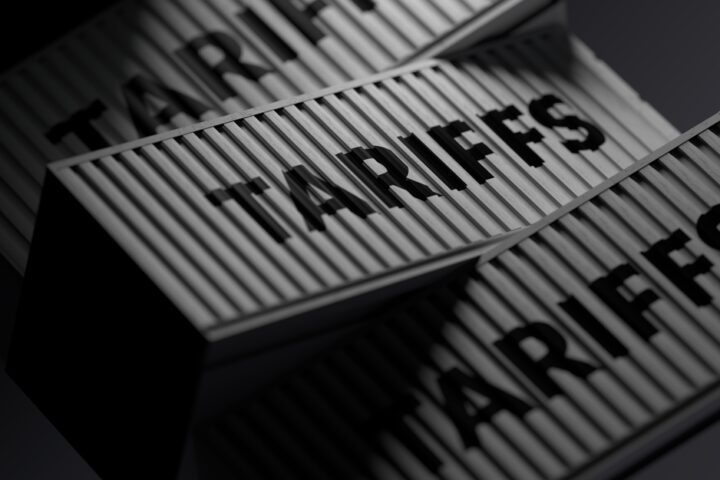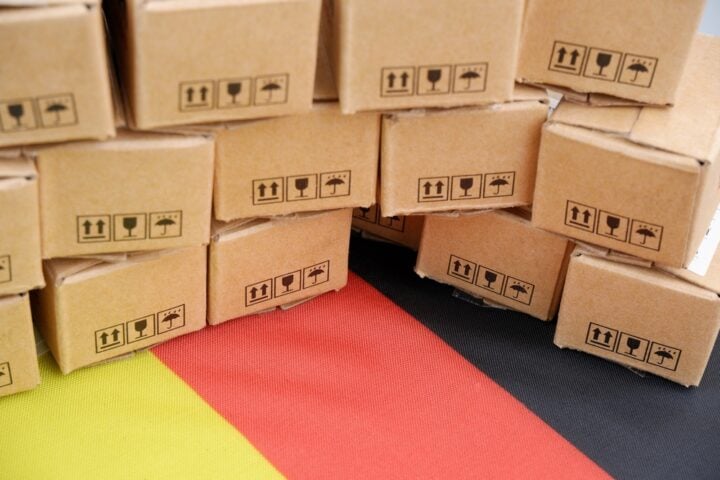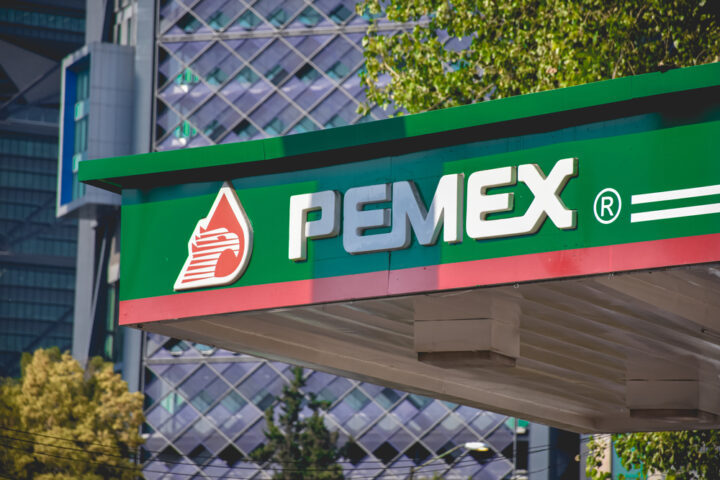Tensions escalated further in the Middle East after Hezbollah promised retaliation against Israel, accusing it of orchestrating deadly pager explosions across Lebanon on Tuesday. The blasts claimed nine lives and left nearly 3,000 others injured, including Hezbollah fighters and Iran’s envoy to Beirut. The Lebanese Information Minister, Ziad Makary, condemned the incident as an “Israeli aggression,” heightening concerns about regional instability.
Hezbollah’s Promise of Retaliation
Hezbollah, the powerful militant group based in Lebanon, vowed that Israel would face “fair punishment” for what it described as an unprecedented attack using pagers — small, handheld devices commonly used by Hezbollah and other groups for communication. Surveillance footage from one of the blast sites showed a pager exploding in a grocery store, adding to the already volatile atmosphere between Hezbollah and Israel.
The death toll from the explosions rose to nine by Tuesday night, with Lebanon’s health ministry reporting nearly 3,000 injured, many of them civilians. Among the dead were at least two Hezbollah fighters and a young girl. Hezbollah spokespersons condemned the attack, calling it the “biggest security breach” the group had suffered in nearly a year of conflict with Israel.
Unfolding Cross-Border Conflict
The incident comes amid an ongoing cross-border conflict between Hezbollah and Israel, fueled by the Gaza war that began in October. Despite the repeated exchanges of fire between Hezbollah and Israeli forces, both sides have so far avoided a full-scale confrontation. The detonation of pagers across Hezbollah strongholds in southern Lebanon, Dahiyeh (a Beirut suburb), and the Bekaa Valley represents a significant escalation.
The New York Times reported that Israel had allegedly hidden explosives in Taiwan-made Gold Apollo pagers, smuggling them into Lebanon. The explosive material, activated remotely, was placed next to the pager batteries. However, Israel has neither confirmed nor denied involvement. An Israeli military spokesperson merely emphasized that “vigilance must continue” without commenting directly on the attacks.
Hezbollah and Regional Fallout
The aftermath of the explosions sent shockwaves through the region, prompting international reactions. Hezbollah’s ally, Hamas, which is waging war with Israel in Gaza, described the pager blasts as an “escalation” that would ultimately lead to Israel’s “failure and defeat.” Meanwhile, Iran’s ambassador to Lebanon, Mojtaba Amani, suffered injuries in the explosion, further complicating the diplomatic landscape. Iran, which supports Hezbollah as part of its “Axis of Resistance” alongside Yemen’s Houthis and various Iraqi armed groups, has been increasingly vocal in its opposition to Israeli actions in Gaza and Lebanon.
Global Reactions and Diplomatic Moves
The United Nations and Western nations have expressed deep concern over the increasing hostilities between Hezbollah and Israel. UN special coordinator for Lebanon, Jeanine Hennis-Plasschaert, condemned the attack, calling it an alarming escalation in an already volatile region. Washington also responded, urging calm and reiterating its preference for diplomatic solutions to ease tensions between Israel and Lebanon. Although the U.S. has taken a firm stance against Hezbollah’s activities, it has expressed its desire to prevent further conflict from spilling over into a wider regional war.
Hezbollah’s Losses and Israel’s War Goals
Since the conflict with Israel intensified last year, Hezbollah has lost over 400 fighters, including senior commanders, to Israeli strikes. One of the most high-profile losses was Fuad Shukr, a top Hezbollah commander, killed in July. Despite these significant losses, Hezbollah has continued to engage in cross-border skirmishes, particularly since the outbreak of the Gaza war.
The toll of the violence has not only affected Hezbollah but also displaced tens of thousands of people on both sides of the Lebanon-Israel border. As the situation deteriorates, Israel has made the return of displaced citizens near the border a key military goal in its ongoing operations.
Aftermath of the Blasts: Lebanon in Panic
The pager explosions led to widespread panic in Lebanon, especially in the southern suburbs of Beirut, where ambulances rushed to aid the injured. Mount Lebanon Hospital and other medical centers were overwhelmed with casualties. A local doctor described seeing people arriving with injuries to their faces, eyes, and limbs, many screaming in pain. The incident has only deepened the fear and uncertainty surrounding the ongoing conflict between Hezbollah and Israel.
As both sides continue to navigate the complex dynamics of the war, the potential for further escalation remains a grave concern for regional and international actors alike.







